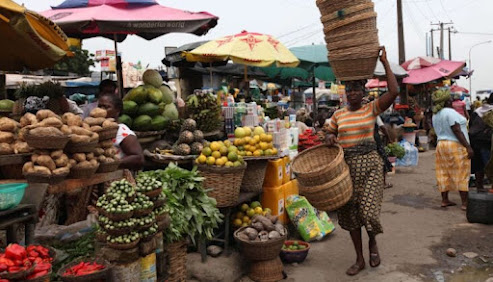By Onyiorah Paschal Chidulemije
Ever since he was sworn in as a democratically elected
President of Nigeria on May 29, 2015, one frivolous trend that has
conspicuously characterized President Muhammadu Buhari’s administration is
the incessant and boring tale of how he inherited empty treasury from the past
government of President Goodluck Ebele Jonathan. Like a nagging spouse, the
President would always explore and exploit every small or big opportunity,
either within or outside the country, to blabber on about how he came in to behold
an empty treasury.
 |
| *Jonathan and Buhari |
Just recently, while addressing members of the National
Institute for Policy and Strategic Studies who visited him in the State
House, the President was reportedly quoted as saying that he almost ran away
from office after taking over from President Goodluck Ebele Jonathan.
Please hear him: “Actually,
I felt like absconding…I asked if there was any savings and I was told there
was no savings”.
Strangely enough, like a reasonable person will ask, is
this why a man who had repeatedly contested for the Presidency of Nigeria and,
thus, implicitly prepared himself – psychologically and otherwise - to change
the course of the country, should have taken to his heels? Oh my God!
Now, let us return to the issue of President Buhari’s unending tale of empty treasury. Obviously, it is no longer news that for umpteenth
times, many a Nigerian had urged Mr. President to make public the hand-over
notes bequeathed to him by the immediate past government of President Goodluck Jonathan so that the citizenry too could empirically share a good
deal with him on this lingering tale of having inherited an empty treasury
from his predecessor. But all to no avail. Yet, this is an “honest” man and
President who wants all and sundry to believe that he is not to a very large
extent or, worse still, solely responsible for the current economic recession
bedeviling the country (?).
















